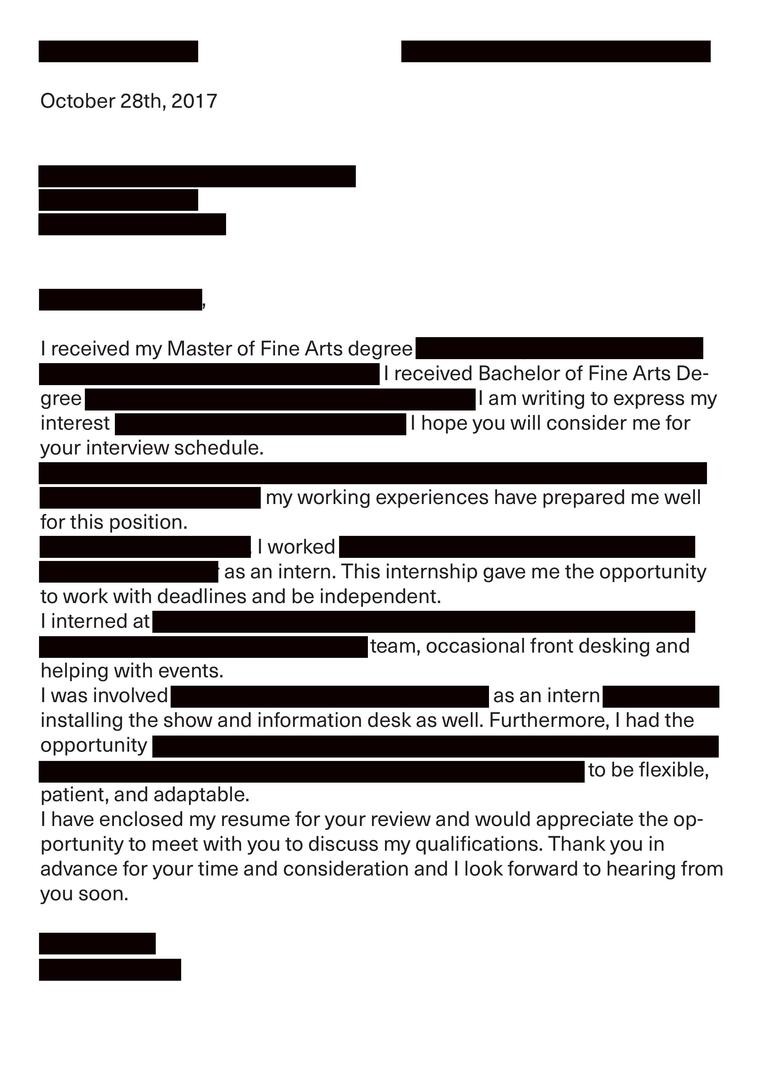
19. 1. 2019 12:00 - 20:00
What is labour? What norms do we have to conform to in order to get by? How much work do we really have to do? What do we really want
to do? How do we measure and define our capacities?
Beyond the academic and cultural fields, all forms of work tend to suffer similar problems. Perhaps more than anything else, individuals – the most important part of the system – are put last.
Precarious working conditions are only one aspect of the politics of labour, and we are all doing our best to educate ourselves so as to get the best possible start in life. After the long, demanding and expensive process of navigating educational systems, most of us end up finding out that there're only a couple of jobs available in any particular profession. There's no need, for example, for thousands of artists, curators, theoreticians, etc. And while they are only one example of a specific sector of labour – the creative industries – the same problems are often experienced by those educated in other spheres.
Cultural work promises some kind of freedom and self-actualization
in a way that working in other fields and industries may not.
Art is not supposed to be "only a job".
The desire to do something that you love can leave you open to being exploited. If you are willing to do anything to carry on making artwork, it can mean that you actively seek out short-term contracts, part-time work or work in the service industry to generate the necessary time and space to make work and support yourself. In fact, these identities are never pure. Many artists will be simultaneously working as artists, interns and service workers.
Multiple jobs end up multiplying our identities – one has to become almost schizophrenic in order to overcome all the required obstacles that these new terms and conditions of life bring us.